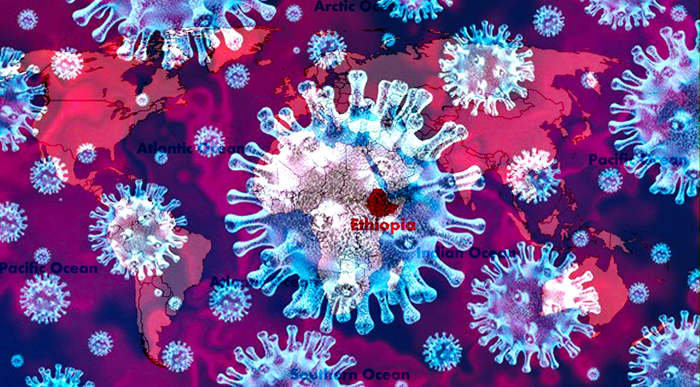Failure of researchers to adequately perform their research, of reviewers to scrutinize the research before publication, and of government experts to examine the research in detail facilitates its exploitation for fame and political gain.
On March 20, 2020 Raoult et al in a preprint report in the Journal of Antimicrobial Agents (meaning it had not undergone the usual rigorous scientific review by multiple peer scientists) stated that in small number of patients that was not randomized or case controlled (26 initially but only 20 completed the study) treated with hydroxychloroquine and azithromycin over a 6 day period had a reduction in the virus in that the viral DNA was absent. This set off a fire storm of controversy which remains ongoing.
The normal routine for a scientific publication is for it to be reviewed by at least three independent recognized experts who have no links or interests to the authors or any products used. Under the best of circumstances this can take weeks and often takes several months. The pre-publication of this study which started on March 6, 2020 definitely did not allow a adequate analysis. One of the authors sits on the editorial board of the Journal which creates a real conflict of interest. The report was published without the inclusion of any raw data which is unusual in pre-print publications. Now the International Society for Antimicrobial Chemotherapy yesterday sent out a statement that the editor of the Journal should have recused himself and that scientific scrutiny and best practices should not be sacrificed.
An extensive analysis has been done by Elizabeth Bik and others over the past several weeks which finds many problems. The society which oversees the Journal now says it has significant problems with its validity. Although the study was approved by French authorities to extend 14 days there is only a 7 day report. Four of the patients treated who did not improve were not included in the study. The report of virus presence was only done on Day 6 and not on Day 7 or Day 14 as was approved by the French supervising body. Normally the treated and untreated groups should have similarities in demographic factors, history, findings, etc. but this is not present in this study. There are another 6 six patients whose reason for not completing the study remains a mystery. Finally the measure of success evaluated was in the volume of DNA indicating viral load not clinical improvement so the relevance of the study to clinical utility and outcome is unknown. So far 8 of the world’s prominent scientists in this field have raised major questions on it’s validity.
But this is only the beginning of the dilemma. Certainly because there is worldwide crisis, scientists and government leaders are eager to find treatments. However, one has to wonder to what extent those in government scientific positions really evaluated this paper. Did they really understand it well enough to know how weak it really was? Was it enough to say it was “anecdotal” or was that giving it too much credit. Then you add on Dr. Oz, the highly discredited TV doctor who has had at least 8 false claims made discovered by respected authorities and an avid Trump supporter pushing the benefits of this unproven regimen like it is the fountain of youth.
Unfortunately the lack of adequate review by the scientific publication and lack of review of it’s weaknesses which gave it more credibility that it was worth serves to give Trump and his supporters some cover. Remember he says “I am not a doctor”. Now we have a situation where millions of dollars will be spent and lives potentially put a risk because scientists and journals seeking rapid publicity were aided by superficial review of government scientists which all served the political self interest of a President who could care less about truth.
Let us hope that the necessary scientific scrutiny of this and any other potential treatments will from now on receive the rightful and intense evaluations that is absolutely essential for the public welfare.


